Contracts

Call us today for a free initial consultation on 0800 772 0341

Employment contracts and your rights with Katie Ash
| by Katie Ash
Expert employment solicitor Katie Ash explains and answers some questions around employment contracts.

Do I Need an Employment Contract? Understanding Employment Contracts with Rebecca Reid
| by Rebecca Reid
Expert employment solicitor Rebecca Reid answers questions and explains about employment contracts.
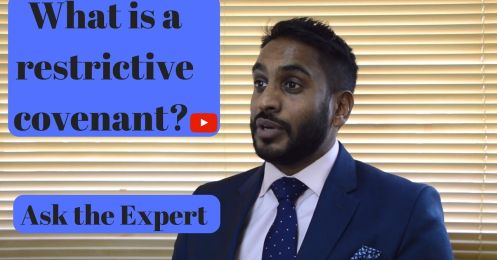
What is a restrictive covenant?
| by Tosh Polpitye
Restrictive covenants tend to be in most employment law contracts in one form or another and every business has information that it will consider both essential and invaluable to its operation and success.
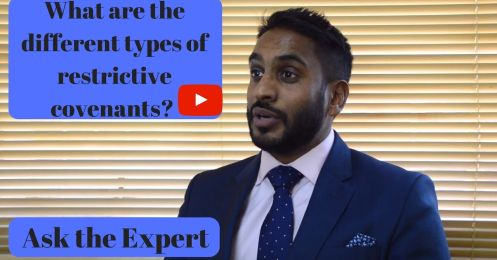
What are the different types of restrictive covenants?
| by Tosh Polpitye
The standard types of restrictions which can be used by employers are...
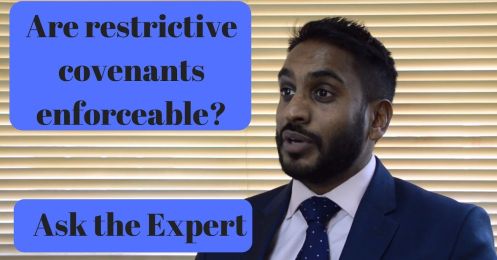
Are restrictive covenants enforceable and legal?
| by Tosh Polpitye
So to be legal and enforceable it has to be reasonable in the circumstances and it has to protect the legitimate business interest of the company.
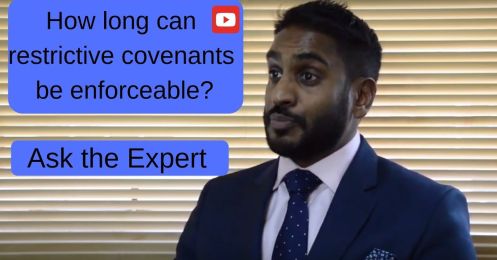
How long can restrictive covenants be enforceable?
| by Tosh Polpitye
A restrictive covenant is a clause which restricts the post-termination activity of any employees once they have left the business, affecting many issues such as confidentiality, solicitation of clients and the location of the business.

What is a non-solicitation clause?
| by Tosh Polpitye
A non-solicitation clause in an employment contract is and agreement in which an employee agrees not to solicit a company’s clients or customers, for his or her own benefit or for the benefit of a competitor, after leaving the company.
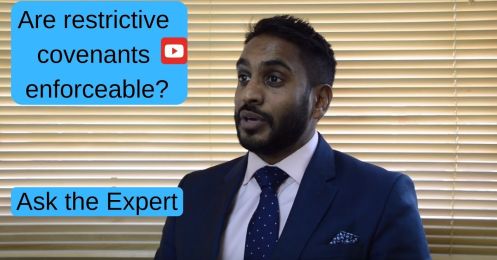
Are restrictive covenants enforceable?
| by Tosh Polpitye
Employers often choose to include some form of restrictions within the employment contracts they issue to employees and those employees.
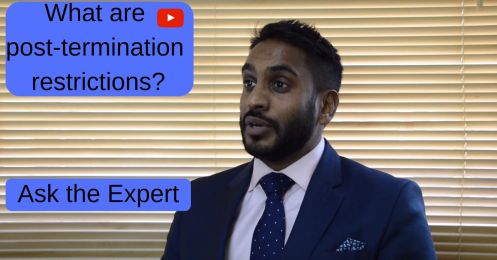
What are post-termination restrictions?
| by Tosh Polpitye
Post-termination restrictive covenants are contractual clauses which may be contained within an employee’s contract of employment.
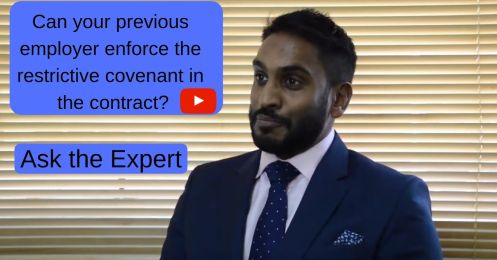
Can your previous employer enforce the restrictive covenant in the contract?
| by Tosh Polpitye
The law relating to these restrictive covenants is extremely complex. And there are a number of issues which need to be considered when deciding if you can enforce the covenant.

My employer has dismissed me can they still enforce the restrictive covenant in my contract?
| by Tosh Polpitye
So, as an example, if an employer terminates an employee’s employment with immediate effect and makes a payment in lieu of their notice period without the contractual right to make that payment, they would be in breach of the contract and could not, therefore, seek to enforce any restrictive covenants.
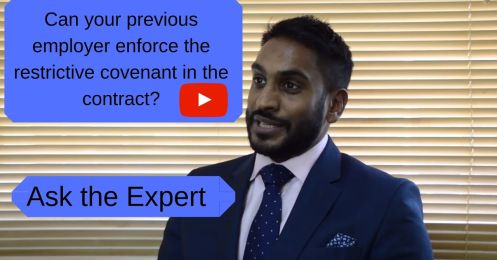
Can your previous employer enforce a restrictive covenant and stop you working?
| by Tosh Polpitye
So the way to think about it is what is the purpose of the restrictive covenant, it's to protect the legitimate business interest.
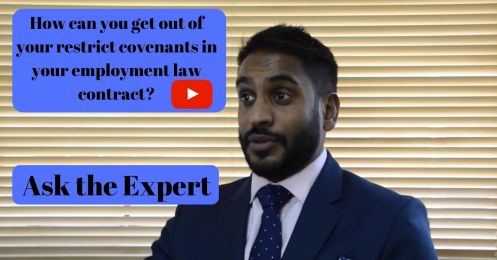
How can you get out of your restrict covenants in your employment law contract?
| by Tosh Polpitye
So with restrict covenants, you have got two choices as an employee; either: abide by them you don't get out of them if they're reasonable or you need to show why they're not reasonable.

Can an agency worker qualify for maternity pay?
| by Hetal Gir
Yes, but only if you qualify. As an agency worker, to qualify for Statutory Maternity Pay (SMP) you must...

Can a fixed-term contract work for me?
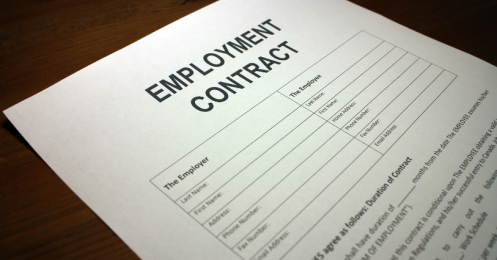
What you need to know if you want to quit a fixed-term contract early

What does it mean if you have not signed an employment contract?
